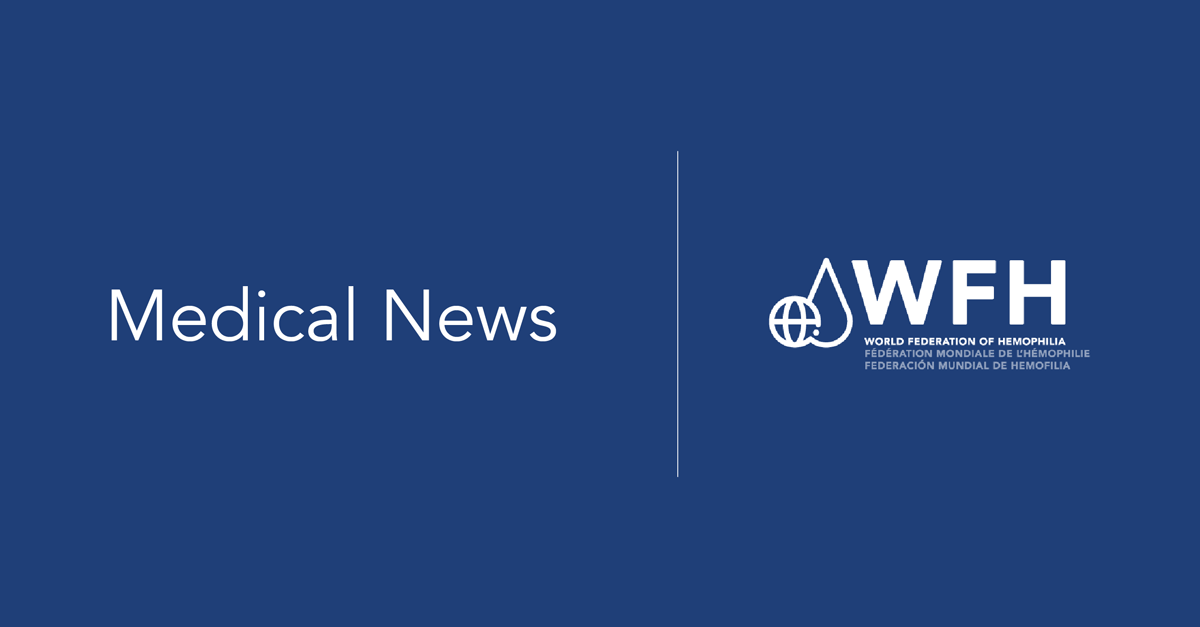The 2023 WHO Essential Medicines List controversially places pathogen-reduced cryoprecipitate and cryoprecipitate on the core medicines list, while viral-safe plasma-derived clotting factor concentrates (CFCs) remain on the complementary list. Cryoprecipitate poses pathogen risks and cannot be used for prophylactic bleeding prevention, the standard of care for hemophilia. According to the WHO, the core list includes the most effective, safe, and cost-efficient medicines for priority conditions, yet the list contradicts that principle. The Essential Medicines List does not currently include recombinant CFCs, extended half-life CFCs, and FVIII mimetic antibodies, which have all contributed to significantly advancing hemophilia treatment.
The WFH Guidelines for the Management of Hemophilia, 3rd edition recommend prophylaxis to prevent bleeding and using advanced therapies to maintain FVIII or FIX levels. However, the Essential Medicines List’s focus on cryoprecipitate ignores this, and consequently will perpetuate health disparities. Pathogen-reduced cryoprecipitate, with limited approval and potential risks, is not as effective or safe as CFCs.
The WFH is actively engaged in dialogue with the WHO and is submitting recommendations for the next revision of the EML in 2025. Our sincere hope is that the next edition of the Essential Medicines List will adequately reflect the current international clinical guidelines and standards of care for people with hemophilia.
To read the full article, “Risk of harm to people with haemophilia from the 2023 WHO Essential Medicines List”, please click here.












